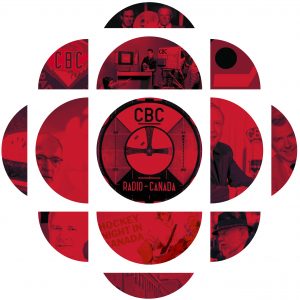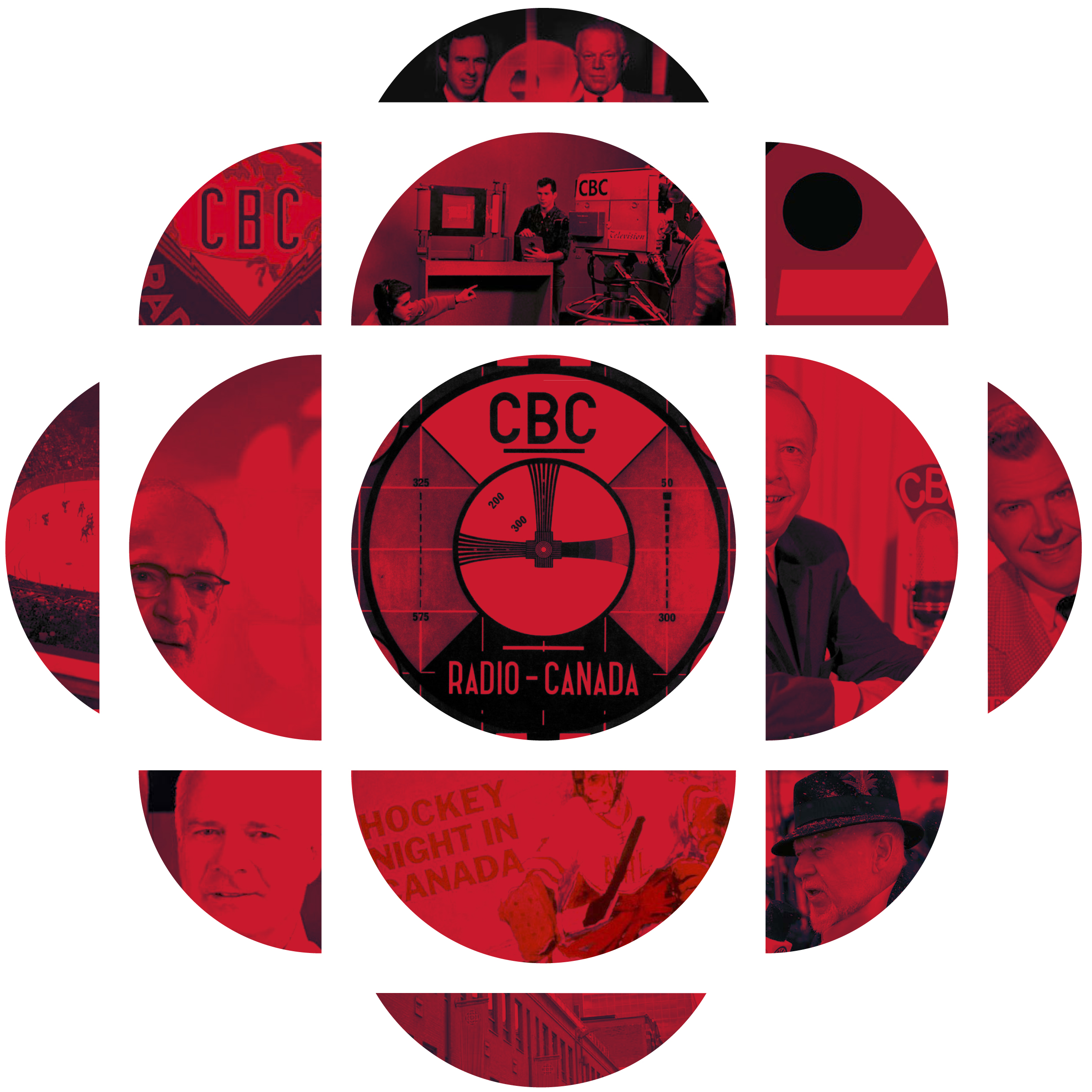 A public broadcaster provides balanced news coverage and journalistic accountability. Why Canadians need to rethink their own public broadcaster as a public service, rather than a profit-driven organization
A public broadcaster provides balanced news coverage and journalistic accountability. Why Canadians need to rethink their own public broadcaster as a public service, rather than a profit-driven organization
“If we were to do the second coming of Christ in colour for a full hour, there would be a considerable number of stations which would decline to carry it on the grounds that a Western or a quiz show would be more profitable.”
Edward R. Murrow said this in 1964, when television was still in its adolescence. Murrow was a pioneer of television news broadcasting, yet despite considerable success his career was shortened by his inability to improve the Central Broadcasting System’s bottom line.
I do not know what Murrow thought when he said it, or who the target of his biting critique was, but to me, his words convey disenchantment. To me, he sounds like a man who believed in a technology that had the capabilities to explore and educate in extraordinary ways, only to be beaten down by what was deemed more profitable.
Murrow’s words speak to his times and our own. I don’t think there’s a more fitting person or quote to begin a discussion about the present plight of our national broadcaster, the Canadian Broadcasting Corporation (CBC), and its own battle with the bottom line.
Gutted
On June 26, 2014, the CBC announced that, in an effort to deliver content to an increasingly mobile and on-demand audience, it plans to cut a fifth of its staff by 2020. Between 1,000 and 1,500 employees will lose their jobs. Cities and towns with historically low ratings will have their local newscasts scaled back, and the CBC’s in-house production team will be severely minimized, including the station’s famed documentary unit.
These cuts are only the latest in a series of cuts for the CBC, which hasn’t had an increase in funding since 1973, and in 2012 had $115 million slashed from its three-year operating budget by the federal government.
While CBC president and chief executive officer Hubert Lacroix focused on the future during a press conference announcing the cuts—“We must look forward, we can’t look back”—it is difficult even for the man appointed to the position in 2008 by Prime Minister Stephen Harper to sound optimistic. His new vision may be exciting, but the resources available to carry it out will be miniscule.
Some will stress how these cuts affect our national identity, and others will bemoan how awful it is that so many employees have lost and will lose their jobs. The real victim of the CBC’s fall is the public. By nickeling and diming the CBC into a shell of its former self, the federal government has sacrificed the public’s main pillar of accountability in Canada.
Better days
Our national public broadcaster was born in 1936, after the Aird Commission in 1929 recommended its creation in order to combat the influence of American radio broadcasting in Canada, and to provide more news to the many rural Canadians across the country.
In 1941, the CBC News Service was formally introduced. By 1952, the CBC began broadcasting on television, and by 1955 its television broadcasts were available to 66 per cent of the population.
What becomes clear when reading through the history of the CBC is how omnipresent the public broadcaster was in the average Canadian’s life. It became the bringer of news for Canadians coast to coast, including for the first time, those in the Arctic in 1972. It also continuously strived to deliver what Canadians asked for, whether that was Saturday night hockey games, Canadian content on the radio, or local news for areas of the country that otherwise would’ve been in the dark. For more than 50 years, the CBC truly was a trailblazer in providing the news and culture Canadians needed, not just what was profitable. Most importantly, it was given the resources to do so.
Exploiting our love of the game
My interest in the CBC was always driven by hockey. I loved everything about its broadcasts. Bob Cole’s many “Oh, baby”s served as my lullaby for years; Ron MacLean taught me the value of restraint; Don Cherry was the boisterous and out-dated voice of a grandfather I never knew; and Cassie Campbell-Pascall showed me that just because something hadn’t happened yet, it wasn’t impossible.
But Rogers’ acquisition of exclusive National Hockey League rights last November eliminated CBC’s control over Hockey Night in Canada for at least the next dozen years. The purchase was understandable, many say even inevitable, given the vast profit potential of the sport in Canada. What makes the deal troubling is not its content, but the way Rogers news providers have covered the purchase and subsequent spin campaign.
Immediately after Rogers announced the deal on Nov. 26, the company used its main sports news platform Sportsnet to sell the deal to fans, offering writers’ and insiders’ analysis on why it was good for the average fan. A fair public relations campaign, so long as fans know that Sportsnet doesn’t offer balanced reporting, but what was most disconcerting about it was that it invaded Rogers-owned news providers as well.
On the very same day the NHL deal was announced, Citytv, which Rogers purchased in 2007, invited John Shannon, a Rogers hockey insider, to use his decades of experience in the sport to analyze the deal for viewers. Shannon repeated almost word-for-word the talking points of Rogers’ press conference from earlier in the day. He disregarded how our country’s favourite pastime will be monopolized, how it will affect scheduling, and how it will no longer be offered to all Canadians for free. Instead, he mentioned how “all those games that everybody said there’s only one or two available at a time, you’re (now) going to see as many available as is possible.”
Fast forward to just this month, when Rogers announced its revamped NHL Gamecentre Live service. Most news organizations ran stories on the new service that looked critically at its strengths and weaknesses. The National Post, for example, ran a story with the headline, “Rogers will allow you to watch even more NHL games online this season … just not all of them.”
Meanwhile, Sportsnet and Maclean’s magazine, both Rogers-owned, ran an identical story with the headline, “Rogers NHL GameCentre LIVE lifts more blackouts.” This story was nothing more than PR, as it quoted two Rogers employees on why Gamecentre Live will be good for Canadians, yet ignored any critical balance in failing to point out how the service will cost users more than it did last year, and how there still will be many games blacked out for viewers, just as there were previously.
Unbiased reporting on hockey is definitely not on par with the second coming of Christ, but it does show how unbalanced the news can be when it comes from a profit-driven organization.
When profits invade the news
If profits only drove sports news coverage, we could probably survive without the CBC. But the issue is that this same dynamic takes place just as frequently in broader Canadian news coverage.
As reported by Jesse Brown in the Walrus, a series of confidential emails from CTV News in 2013 were leaked, which revealed a note sent from Bell Media president Kevin Crull to, among others, Wendy Freeman, head of Bell-owned CTV News, alerting her of an exceptional study that suggested Canadians pay reasonable rates for wireless phone service. Bell is one of Canada’s largest wireless phone providers. The study was featured on CTV News later that day. Brown also reported that Chris Gordon, head of radio and local television for Bell Media, forwarded Crull’s email to employees, asking “if this report can get some coverage today on talk radio.”
Then there was the Globe and Mail’s editorial endorsement of Tim Hudak’s Progressive Conservatives in last June’s provincial election. According to Brown in a story on Canadaland, a source within the Globe and Mail leaked that the paper’s editorial board unanimously agreed to endorse a minority Liberal government for the election, but was overruled by editor-in-chief David Walmsley. Brown wrote that Walmsley was “carrying water for publisher Philip Crawley, who in turn was carrying out the orders of the Globe-controlling Thomson family, whose interests would be best served by a Conservative government.”
Why we need the CBC
When news coverage is left to private companies, the public’s interest is often prioritized below the corporation’s. Informed and engaged citizens are undermined by a lack of balanced information. It hurts everyone.
Without journalistic balance we will learn only of the world private corporations want us to know. Without journalistic balance we will be besieged by public relations posed as news. The CBC is that journalistic balance.
It is not without faults. It has redundancies. It is inefficient. But it is the only channel on the television, the only site on our computers, tablets, and phones, whose defining interests are our own.
We need to rethink the way we understand and talk about the CBC. Its role isn’t to accrue profits. Its role is to provide a public service to Canadians, a role that in a democratic society is no less important than the upkeep of roads and rivers, the protection of our communities, and the provision of our healthcare.
Every time we nick its budget or cut its staff, we make it weaker. Mark Damazar, former head of programming at BBC Radio 4, said during an event at the University of Toronto’s Massey College that a weak public broadcaster is what we should fear most. According to Damazar, keeping only a kernel of public broadcasting alive is dangerous because “it allows politicians and the public, an entire society, to believe in the illusion of a civic space without actually having the substance of one.”
Before the federal government cut the CBC’s budget by $115 million, our public broadcaster cost the average tax-paying Canadian $34 a year. It now costs $29 a year.
By comparison, the British Broadcasting Corporation costs each British taxpayer $97 dollars a year. By comparison, Canada’s level of funding was 60 per cent less than the $82 average across 18 Western countries included in a 2011 study by Nordicity.
By comparison, I paid more to see Snoop Dogg.
Isn’t accountability worth a little more than that? Or journalistic integrity? Or some sense of truth? To be honest, I’d pay more than that just for unbiased hockey coverage again.
If the CBC’s new vision is going to succeed, it doesn’t need to streamline. It needs to expand. I think Edward Murrow would agree.





